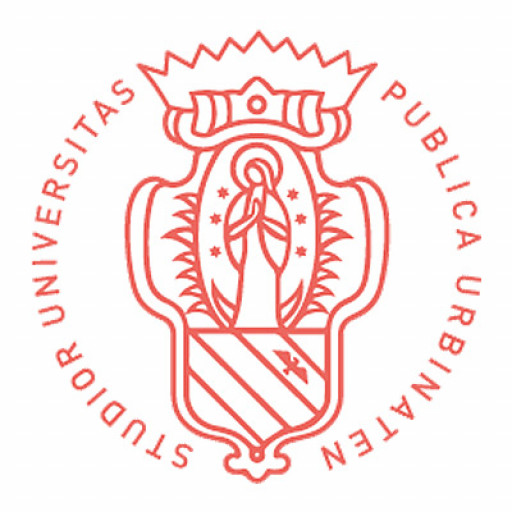Advertisement
The Master of Teaching English to Speakers of Other Languages provides professional development for teachers of English to speakers of other languages. It takes an innovative multilingual approach to the theory and practice of teaching English in a global environment.
The degree is designed to recognise that English is often taught by multilinguals in multilingual environments, with the following principles: a) teachers need an understanding of the role of other languages in the learning of English; b) bi/multilingualism is a resource for TESOL teachers; and c) teachers need to develop theoretical knowledge and pedagogical skills appropriate for the bilingual or multilingual classroom.
Students gain advanced skills in the analysis of the English language, in theories of language learning and teaching and in pedagogical approaches. The course can be taken on campus or fully online.
Career Opportunities
Teaching of English as a foreign, second or additional language in overseas educational contexts, providing that the students' other qualifications meet the local authorities' requirements.
Completion of the EDLI504 TESOL II practicum as part of the degree renders graduates eligible to teach in Australian adult TESOL contexts. Completion of the EDLI505 TESOL IIA practicum does not.
The Master of Teaching English to Speakers of Other Languages does not qualify graduates to teach in Australian primary and secondary schools.
Management of English language programs in schools or adult learning centres
Curriculum development for English language programs
Course Aims
To equip students with the knowledge and skills that will enable them to work in a multilingual environment as skilled teachers and managers of English language programs for speakers of other languages.
Learning Outcomes
Upon completion of this course, students will be able to:
* Describe how the TESOL field is located theoretically and practically within applied linguistics and educational linguistics, and outline the formative influences on the development and practice of the profession;
* Develop high level skills in reading and critically interpreting research literature in the TESOL and applied linguistics field;
* Critically apply theoretical and pedagogical knowledge to address the English language learning needs of students in a wide variety of social and linguistic contexts;
* Develop advanced skills in academic literacy including the ability to research and present a coherent and convincing argument based on current research and
* Develop critical perspectives on the relationship between the TESOL field and the language ecology of bi- and multilingual societies.
Graduate Attributes
Knowledge of a Discipline
Graduates will be able to analyse complex problems and issues in TESOL, using methodology and discourse appropriate to the discipline.
Communication Skills
Graduates will be able to communicate effectively in English in the substantive areas of TESOL and applied linguistics. In particular they will hone their online communication skills (off-campus students), their oral skills through discussion and presentations (on-campus students) and their written skills through assessment tasks such as essays (all students).
Global Perspectives
Graduates will be encouraged to develop a global perspective and intercultural competence in their professional lives. TESOL is by its nature oriented globally, because of its primary concern with teaching English to learners of diverse backgrounds. One of the core units in the degree is specifically concerned with intercultural communication, and another with multilingual approaches to TESOL.
Information Literacy
All units are available fully online, and even on-campus students are encouraged to access online resources and discussions.
Life-Long Learning
Graduates will be prepared for life-long learning through being exposed to a wide range of issues in human languages and societies.
Problem Solving
Graduates will develop high-level capabilities in solving problems relating to English language learning and teaching, and in applying logical, critical and creative thinking to a range of theoretical and classroom issues.
Social Responsibility
The nature of study in TESOL prepares graduates to be committed to ethical action and social responsibility.
Team Work
Graduates will have the opportunity to work collaboratively to collectively solve problems in some MTESOL units. Students in all units will be engaged in collective discussions geared towards group learning.








